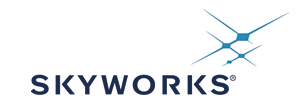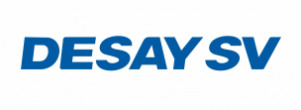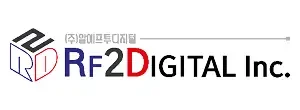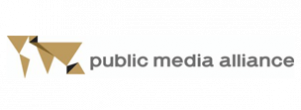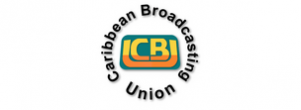The DRM Consortium is a Sector Partner at The Southern African Broadcasting Association (SABA), Digital Radio Broadcasting Summit in Cape Town from 22nd – 24th April. The event will include a presentation by the DRM Chair, Ruxandra Obreja, on April 22nd at 11.50am and a dedicated DRM workshop on the 23rd April, from 4.00pm to 5.30pm under the title “The DRM Platform: A detailed and practical look at its superior functionalities and flexibility”. The workshop will offer a live demonstration of DRM30 with a two-hour BBC broadcast, from Ascension Island – a site managed by DRM member, Babcock – to Southern Africa carrying BBC World Service English from 13:30 to 15:30GMT/UTC (114 degrees) 21735 kHz. During and after the workshop DRM representatives and South African DRM supporters will be available to meet you and explain the features and to answer any questions.
The DRM Consortium has already been present at SABA events in Johannesburg and in Arusha (Tanzania) last year. The DRM standard is the only global standard which can be used in all radio frequency bands and is ideal for the large countries of Southern Africa. From national networks and regional stations to smaller commercial and community stations, all are able to broadcast their digital radio programmes with enhanced content and in excellent sound quality to everyone in their respective countries, regardless of whether people live in large cities, in small towns or villages.
About DRM
Digital Radio Mondiale™ (DRM) is the universal, openly standardised digital broadcasting system for all broadcasting frequencies.
The DRM standard comprises of two major configurations: ‘DRM30’ intended for broadcasts on short, medium and long wave up to 30 MHz and providing large coverage areas and low power consumption. The configuration for the VHF bands above 30 MHz is called ‘DRM+’, tailored for local and regional coverage with broadcaster-controlled transmissions.
All DRM configurations share the same audio coding, data and multimedia services, service linking, multiplexing and signalling schemes. DRM provides high quality sound combined with a wealth of enhanced features: Surround Sound, Journaline text information, Slideshow, EPG, and data services.
For more information and DRM updates please visit tmp.drm.org or subscribe to DRM news by writing to pressoffice@drm.org. Click here for the Newsletter with all the latest DRM news from around the world.
About BBC
Founded on 18th October 1922, The British Broadcasting Corporation is a British public service broadcasting statutory corporation. Its main responsibility is to provide impartial public service broadcasting in the United Kingdom, the Channel Islands, and the Isle of Man. Outside the UK, the BBC World Service has provided services by direct broadcasting and re-transmission contracts on radio since the inauguration of the BBC Empire Service on 19 December 1932. More recently the BBC World Service has expanded its services to television, mobile and online. http://www.bbc.co.uk/.
About Babcock
Committed to all digital radio formats, Babcock are a pioneer of Digital Radio Mondiale™ (DRM™). As well as transmitting programming via DRM for multiple broadcasters, Babcock is a founding member of the DRM Consortium and advocates the adoption of DRM in the wider international market. For more information on Babcock Media Services, please visit http://www.babcock-online.co.uk/


